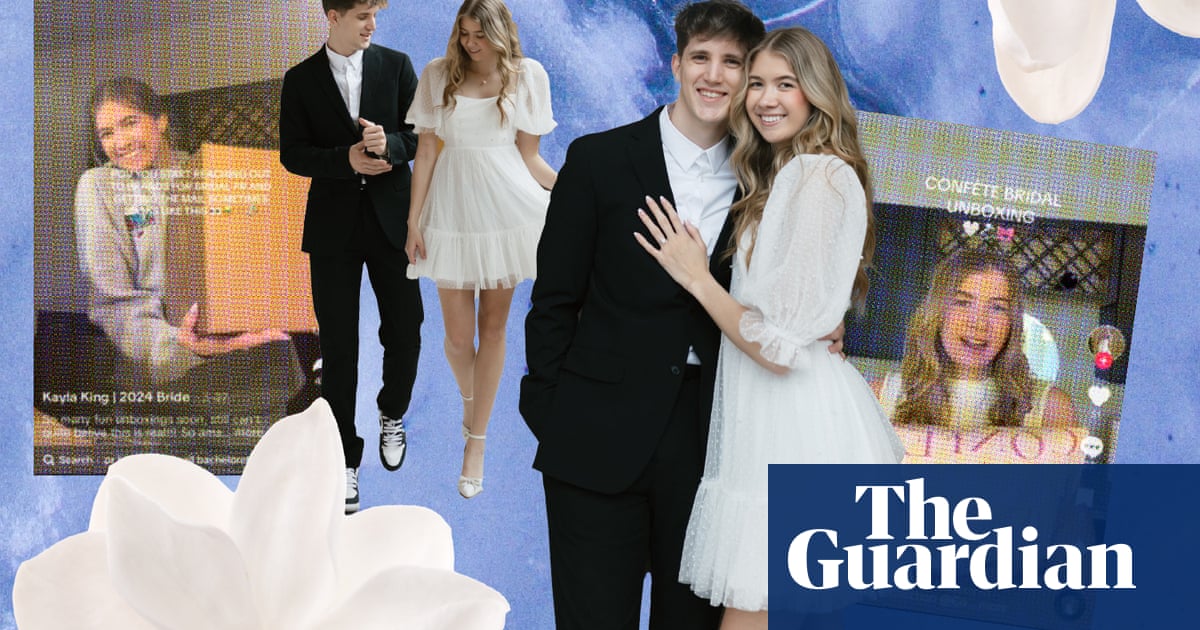
Antony Sher, celebrated actor, dies aged 72
Consummate Shakespearean and a man of staggering versatility
Chris Wiegand
Chris Wiegand
@ChrisWiegand
Fri 3 Dec 2021 17.45 GMT
What have I sacrificed for my art? Peace of mind. All the creative arts involve struggle, and I do three of them – as I also write and paint. You don’t often find yourself feeling calm.
February 2013
Performing a playwright’s work for the first time is an experience quite unlike reading it, or seeing it staged. Now you’re on the inside, feeling the author’s emotions and tasting his language in a very personal way. With Arthur Miller, I have been astonished by the rawness of his writing, by his anger and humour. His play Broken Glass, which I have been performing for almost a year now, has the fearlessness of a young man’s response to the world – yet Miller wrote it when he was 78.
Torch Song Trilogy is a remarkable piece of work: Fierstein takes the most exotic of creatures, a New York drag queen, and turns him into Everyman. It begins as a very gay play, but then the second act talks about straight relationships, and the third talks about parent-child relationships, so that by the end, the play has wrapped its arms around every single person in the audience.
May 2012
Iago doesn’t explain himself, not even at the end. I’m not sure he can. The man’s a psychopath. I think there’s something very wrong with him, sexually. He can’t open his mouth without sexual imagery pouring out – and it’s ugly, filthy language, as sensationalist and shocking as [that of] a tabloid journalist. People having intercourse is “making the beast with two backs” – that’s a very, very savage image. We never pinned down exactly what was wrong, whether he’s impotent or sterile, but there’s a medical condition called morbid jealousy, where you become falsely convinced that your partner has been unfaithful. My instinct is that Iago suffers from the same thing.
July 2015
If you’re Jewish, you can’t avoid being interested in Shylock: it’s a terrific part in a very difficult play. Shakespeare writes him in three dimensions: the great “Hath not a Jew eyes?” speech is a wonderful cry of pain from an oppressed man, but when he flips, and becomes unreasonable in the trial scene, the man who has been persecuted becomes the persecutor. That is a syndrome that has fascinated me all my life because of my South African upbringing.
Confession time: I have always harboured a prejudice against Ibsen. I have thought he was too solemn for my taste, too sober, too glum. I believe that comedy must live alongside tragedy, as my two favourite playwrights – Shakespeare and Chekhov – prove. But when I was offered the part of Dr Stockmann in Ibsen’s An Enemy of the People, and read the play, I found I couldn’t put it down. Never mind the comedy/tragedy issue, this was like a thriller. In fact, Peter Benchley borrowed the plot for his bestseller, Jaws: a small coastal town is threatened with closure, except in Ibsen’s version it’s a health spa and the danger in the water is not a shark, but poisonous contamination.
February 2010
The impact of Pinter’s The Caretaker was felt around the world and even reached me, a teenager in Cape Town. It transformed my way of thinking about drama and obsessed me. His world was threatening yet funny; in his dialogue, cliches suddenly become dangerous little bombs. It has a fascinating setup: the old homeless man, the spivvy East End boy, Mick, and his older brother. Pinter weaves threads between these three completely unalike characters and creates drama out of an undramatic situation – and comedy, too. When I came to London to audition for drama school, I did one of Mick’s speeches from The Caretaker. I’m not sure it was a good idea as I got turned down by the top schools.
September 2018
You have simply got to be honest. As an actor, I thought: if I am not going to be truthful about myself, how can I be truthful about playing other characters? If you don’t come out, you are going to have a very miserable life of secrecy. In Wilde’s England, homosexuality was the love that dare not speak its name. In the South Africa I grew up in, it was a love that did not even have a name.
May 2017
On the first day of rehearsals for The Winter’s Tale – a play fuelled by jealousy – the director, Greg Doran, puts this question to the company: ‘How jealous are you?’ It’s meant as a light-hearted ice-breaker, but since Greg is my partner I have to be careful how I answer. In fact, as we jot down responses to the Cosmopolitan-type questionnaire which he reads out – viz ‘If you found your lover in bed with someone else, would you a) kill them, b) kill yourself, c) join in? – I score quite low. I’m not a particularly jealous man, apparently. Greg seems rather disappointed. Mind you, the questionnaire concerns sexual jealousy. Were it about professional jealousy my score might shoot off the Richter scale – particularly as a younger actor.
When you’re young, it seems so straightforward: you learn the lines and that’s that. But when you’re older, you’re aware of a series of tests and obstacles ahead, each of which will put pressure on you, and the lines will often be the first casualty. So…
You have to know them alone in your room.
You have to know them when you speak them aloud with the other actors.
You have to know them when the ante is upped in the rehearsal room (such as a run-through).
You have to know them in front of the first audience at the first preview.
You have to know them in front of the critics.
You have to know them on a wet Wednesday matinee three months later, when the house is thin and you’re thinking about the shopping …
May 2015
I, like many other actors who have joined the RSC, used to believe that there is a prescribed way of playing Shakespeare. There isn’t. Each generation devises their own way dependent on how audiences want to receive Shakespeare. Earlier generations were happy to hear him almost sung or performed in a very grand operatic manner. Modern audiences want him to be done more realistically, they want to recognise the characters on stage as people they know. So it will keep changing.
December 2014
Arriving in England in 1968 as a weedy, bespectacled little nebbish from Sea Point, Cape Town, I never imagined myself as a classical actor. Surely you had to have Gielgud’s voice, Redgrave’s profile, Olivier’s physicality? When I joined the RSC in 1982, I harboured a profound sense of inadequacy. It was to do with the taste of Shakespeare in my mouth. I couldn’t quite get it. I had some of the best teachers in the world: the voice coaches Cicely Berry and Patsy Rodenburg, the directors Terry Hands and Adrian Noble, and one of the great Shakespeareans of our time, John Barton. I heard what they were saying, but it just didn’t feel within my reach: the combination of colossal technique and absolute spontaneity that makes for good Shakespeare acting.












